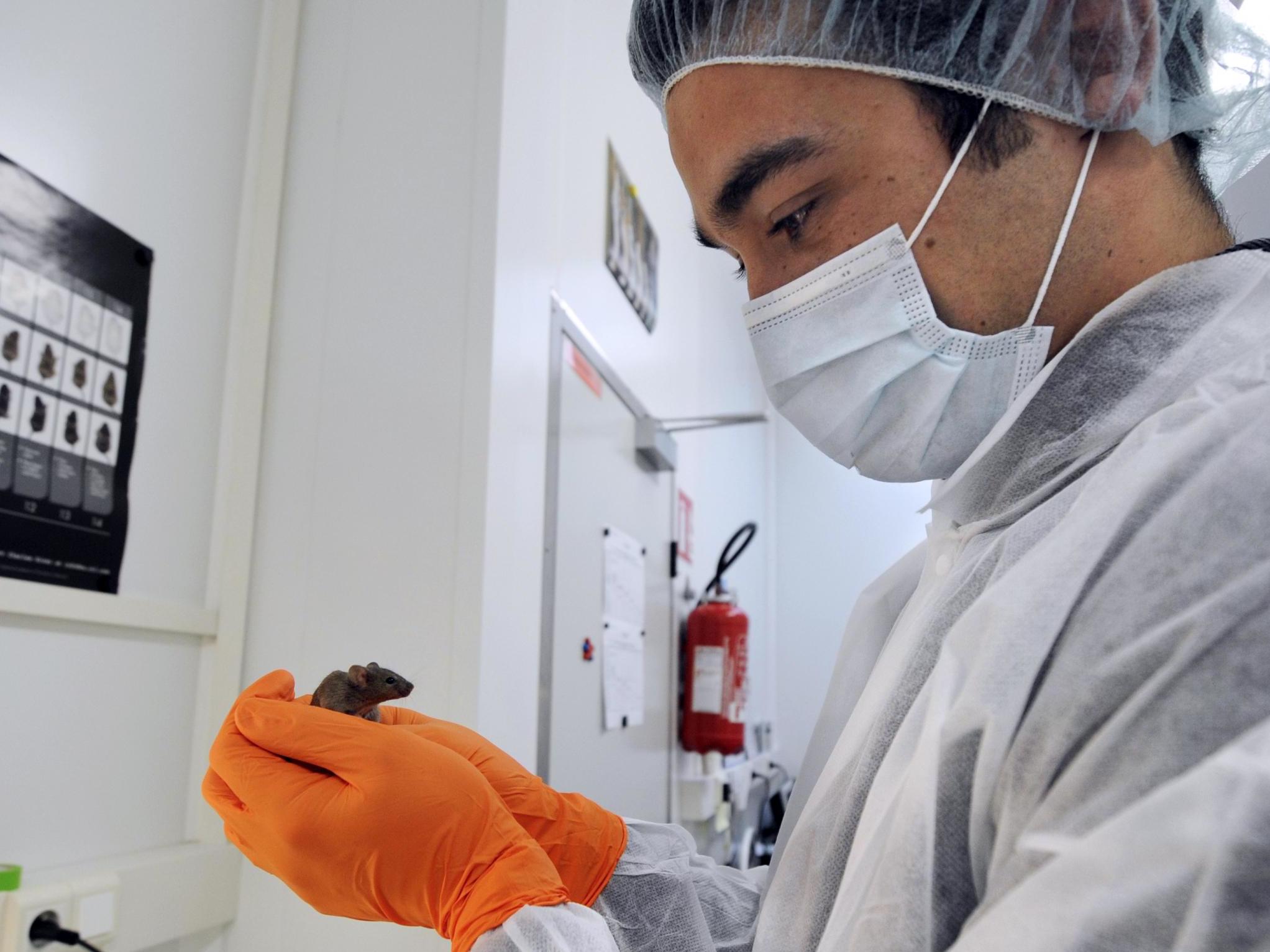Animals suffered in laboratories as experimenters broke rules in cases of ‘neglect and incompetence’
Exclusive: Many deprived of food or water while others accidentally killed in hot-steam machine in blunders at universities and testing companies

Your support helps us to tell the story
From reproductive rights to climate change to Big Tech, The Independent is on the ground when the story is developing. Whether it's investigating the financials of Elon Musk's pro-Trump PAC or producing our latest documentary, 'The A Word', which shines a light on the American women fighting for reproductive rights, we know how important it is to parse out the facts from the messaging.
At such a critical moment in US history, we need reporters on the ground. Your donation allows us to keep sending journalists to speak to both sides of the story.
The Independent is trusted by Americans across the entire political spectrum. And unlike many other quality news outlets, we choose not to lock Americans out of our reporting and analysis with paywalls. We believe quality journalism should be available to everyone, paid for by those who can afford it.
Your support makes all the difference.Animal experimenters broke either the law or their licence terms more than 30 times in a year, causing hundreds of animals, birds and fish to suffer, latest Home Office figures show.
Some 588 creatures suffered “an adverse impact” on their welfare over and above that of the authorised tests, and 100 of those died as a result, a report reveals.
Animal welfare groups branded the cases “chilling examples of neglect and incompetence”. In some cases animals were killed by accident, in others they were left without food or water.
And they fear more could be happening behind closed doors because the coronavirus lockdown means laboratory inspections have been suspended.
The breaches are revealed in the 2018 report, published after a delay, by the Animals in Science Regulation Unit of the Home Office.
The document reveals that 28 cases – representing 33 incidents – happened in 17 universities and three commercial organisations.
They include:
- A lab worker removed the entire fin from 50 fish, when they should have only removed a third, leaving some suffering damage to their deep muscle. All the fish were killed when the error was discovered
- A researcher force-fed dogs and collected their semen without having a licence to do so
- At one lab, someone killed a mouse and removed the label and water from her cage, failing to check whether she had any pups. Two were found dead a week later
- Eighteen mice were given a nerve injection, causing five to bite their toes. They had to be humanely killed.
In another case, a technician was disturbed while changing some bedding and put four mice into hot-steam sterilising machine, which killed them.
The water to 480 birds was twice turned off in one lab for an estimated 48 hours. One bird was found dead, the others were dehydrated but recovered.
In 2018, 3.52 million experiments involving live animals were carried out in Britain. The Home Office unit said it focused during the year on “the 3 Rs – replacement, reduction and refinement” of the use of animals in research.
However, the document shows that 24 of the 28 cases affected a total of 2,680 animals, of which 1,631 were fish, 483 birds, 376 mice, 170 rats and 20 pigs.
Nearly half of the 28 involved a failure to provide “appropriate” care, including food, water and suitable facilities.
“In 16 cases, there was an adverse impact on animal welfare over and above the impact of competently performed authorised procedures. These cases involved 588 animals, of which 480 were birds, 52 mice, 50 fish and 6 rats,” the report states.
Many instances involved experimenters breeding more animals than their licences allowed for.
One lab worker force-fed three birds, without authorisation, to try out a new force-feeding technique.
Jessamy Korotoga, of the Animal Aid campaign group, said: “The annual report makes shocking and chilling reading. No one could fail to be disturbed when they imagine how these animals have suffered and died.
“It is wholly unacceptable that, once again, there are numerous cases where the most basic needs of animals are not being met, leading to immense suffering and death.”
In most cases, licence-holders received letters of reprimand after the blunders, and in seven instances inspectors demanded staff retraining. Additional progress reports were required in five cases. Ms Korotoga branded these punishments “pathetic”.
“Quite rightly, if a member of the public failed to feed or water an animal, leading to the animal’s death, this could lead to their prosecution,” she said.
“We are repeatedly assured that animal experiments are very highly regulated. However, this report, and those from earlier years, paint a picture of many defenceless animals being neglected and ignored with some of them paying with their lives – dying in terrible ways.”

Animal Aid said it did not believe it was possible to monitor compliance remotely, which could lead to more suffering and neglect while inspections are suspended during the pandemic.
A Home Office spokesperson said: “The government is committed to upholding high standards of animal welfare and high-quality science.
“Extremely serious cases of non-compliance with the requirements of the Animals (Scientific Procedures) Act may result in the revocation of animal testing licences or referral to the prosecuting authorities, who would make a judgment on whether it is in the public interest to prosecute.”
Join our commenting forum
Join thought-provoking conversations, follow other Independent readers and see their replies
Comments